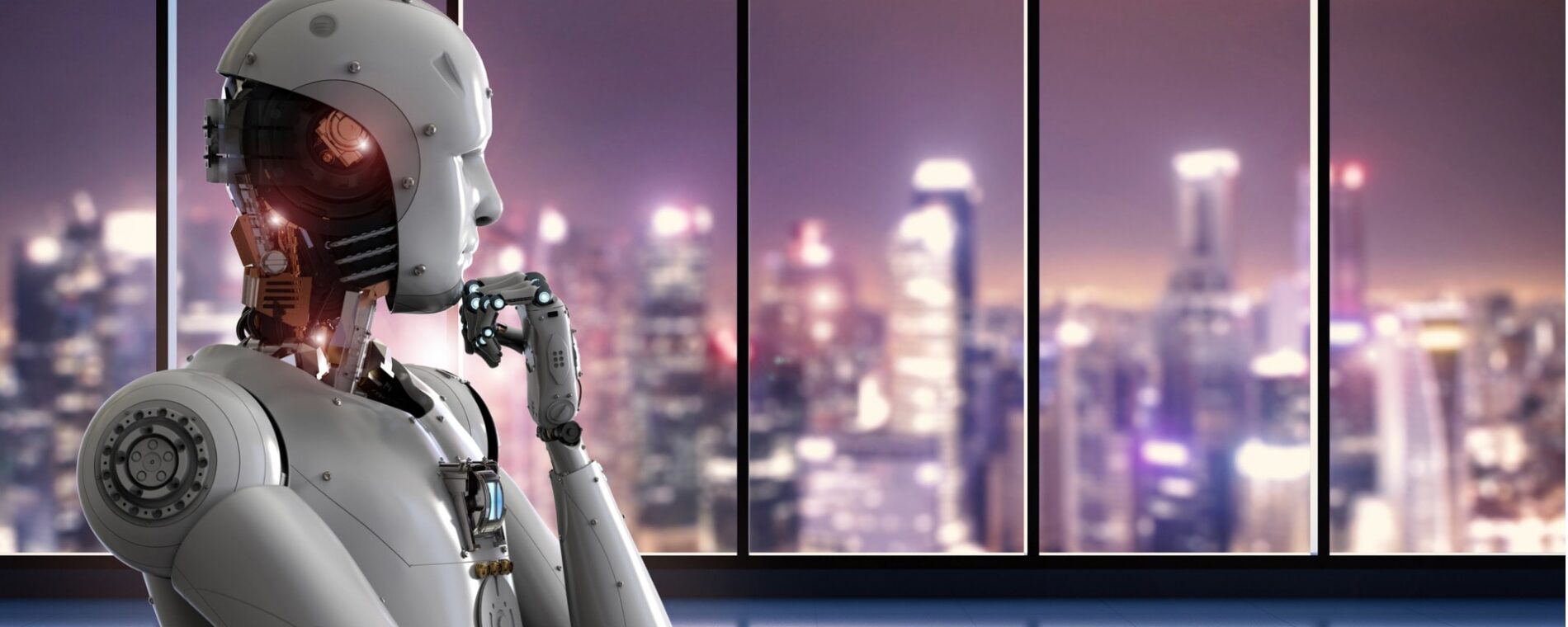So, we now have Artificial Intelligence (AI), but what is that?
AI is everything that drives all the information that makes a computer know things, like a human being. AI is said to have something called ‘tacit knowledge’ – a super advanced kind of intelligence that is learned by humans through day-to-day interactions in the world.
For example, a computer picks up on when we buy anything from groceries through to shoes, which makes the internet feel like they know us which, of course, helps them sell more things to us.
So, as technologies improve, there seems to be less need for humans to do things because we can rely on AI! Where once humans would work out how to know things, solve problems and understand people, now computers can do it.
This means that more of us are concerned about how it will affect our jobs, AND rightly so – a recent study said that around 50% of the jobs could be replaced by automation and computers!
Obviously, this leads us to wonder if our job will be taken next by another employee, or by a machine?
This advance has made computers cleverer than ever and able to perform things like speech recognition, language translation and vision – making computers work like robots that can work even better than humans!
AI systems might be good at crunching numbers and analysing data, but there are certain human skills AI can never copy.
Computers see the world in ‘black and white’ so lack knowledge and common sense. This could mean that automation will not take over the job market, but will change the employment industry on a task-by-task basis.
Which jobs are most at risk of AI?
Things like, credit authorisers, factory workers, clerks, funeral directors and undertakers, concierges. BUT there are jobs that AI won’t be able to replace, like, massage therapists, animal scientists, archaeologists, public address system and other announcers and plasterers and stucco masons.
This doesn’t mean, however, that those of us who aren’t stucco masons should be worried about losing our job!
The integration of AI, means that the next generation will need a different set of professional skills to survive in a world filled with machines. Human skills like being able to manage a crisis or conflict, listening, remaining positive, teamwork, interacting with people, and leadership are all qualities than a machine cannot copy.
Employees need to capitalise on their ‘know-how’ rather than the ‘know-what’ to build resilience in the future workplace.
Instead of focusing on which jobs will be got rid of by AI, we should instead concentrate on how we accommodate AI with the skills that it can’t replicate, for example, the ability to judge, appreciate, understand and communicate effectively.
These are skills that a machine will never be able to automate.








